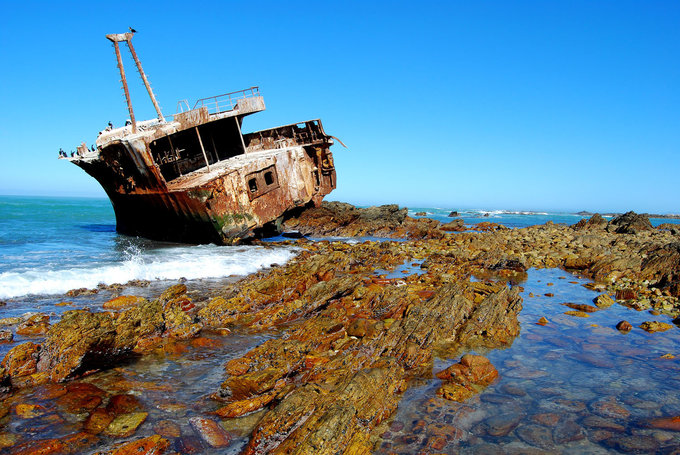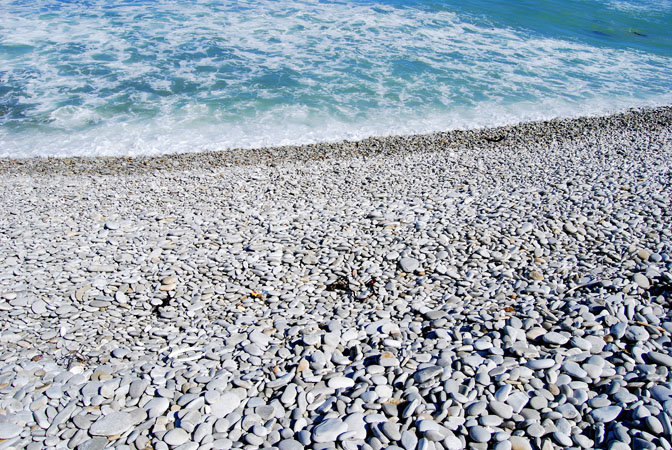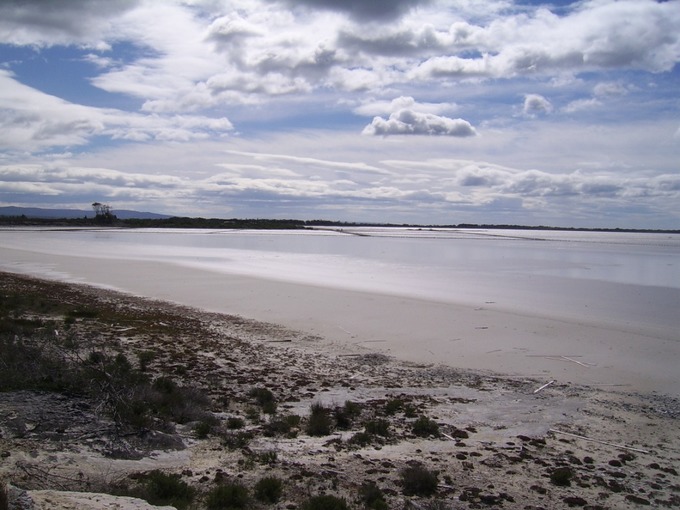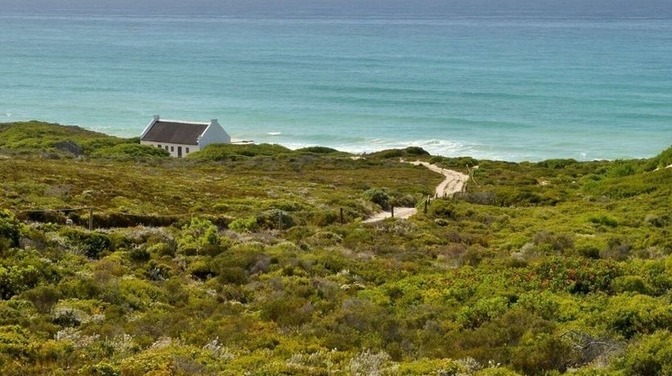Select a category
Agulhas National Park
Although Agulhas National Park is renowned for being the southernmost national park in Africa, there is so much more that makes the reserve unique.
The ruggedly beautiful area was proclaimed the Agulhas National Park in September 1999 and started with only four hectares of land which has now expanded to include 20,959 hectares. The vision of the park has always been to conserve the unique marine, terrestrial and aquatic biodiversity of the area as well as the cultural heritage of the southern tip of Africa.

This beautiful destination is worthy of capturing any explorer’s imagination. Its geographical significance, environmental extremes and historical value form part of an awe-inspiring journey on land and sea.
The Agulhas National Park is where visitors will find the monument marking the spot for the southernmost point in Africa where the two oceans collide as well as the Cape Agulhas Lighthouse. A few hundred metres from this geographical spot lies the Meishu Maru No. 38, a Japenese fishing trawler that ran aground in 1982. The shipwreck serves as a rusty monument for the approximately 150 ships that met their doom along the same route.

The meeting of the Indian and Atlantic oceans create tumultuous ocean currents and this combination brings with it incredible marine diversity. Year-round dolphins, porpoises and Cape fur seals call the coastline home and African black oystercatchers, known for their bright red legs and beaks, scuttle around the beaches. Look out toward the horizon between July and December and you stand a good chance to spot a southern right whale or two
The coastline edge of the park boasts rock pools, sand and pebble beaches and a lagoon that are all home to micro-organisms and shells that are wonderful to roam through and observe.

While the historical Springfield Saltpans are a haven for hundreds of flamingos, the fynbos fields have as much to offer in terms of biodiversity and magnificence. The fynbos lures an abundance of endemic birds that are privy to the scents of the Cape Floral Kingdom. While spotting feathered beauties such as Cape sugarbirds, blue crane and African fish eagles, remember to keep an eye out for Cape grysbok which is one of the parks few land mammals.
The Agulhas National Park is open to day visitors as well those who want to spend a few nights at the Agulhas Rest Camp’s chalets and cottages.








.jpg?width=200&height=94)









